Key Highlights
- Montenegro's political landscape is rich in history and complexity, with relatively recent transitions to democracy and a multi-party system.
- The country's political system operates as a parliamentary republic, with three branches of government - Executive, Legislative, and Judicial.
- The Constitution of Montenegro, adopted in 2007, serves as the foundation of the political system and guarantees human rights and freedoms.
- The Executive Branch is led by the Prime Minister, who is responsible for implementing domestic and foreign policies.
- The Legislative Branch, represented by the Parliament, plays a crucial role in passing laws and overseeing government activities.
- Political parties in Montenegro have significant influence and shape public policy.
Overview
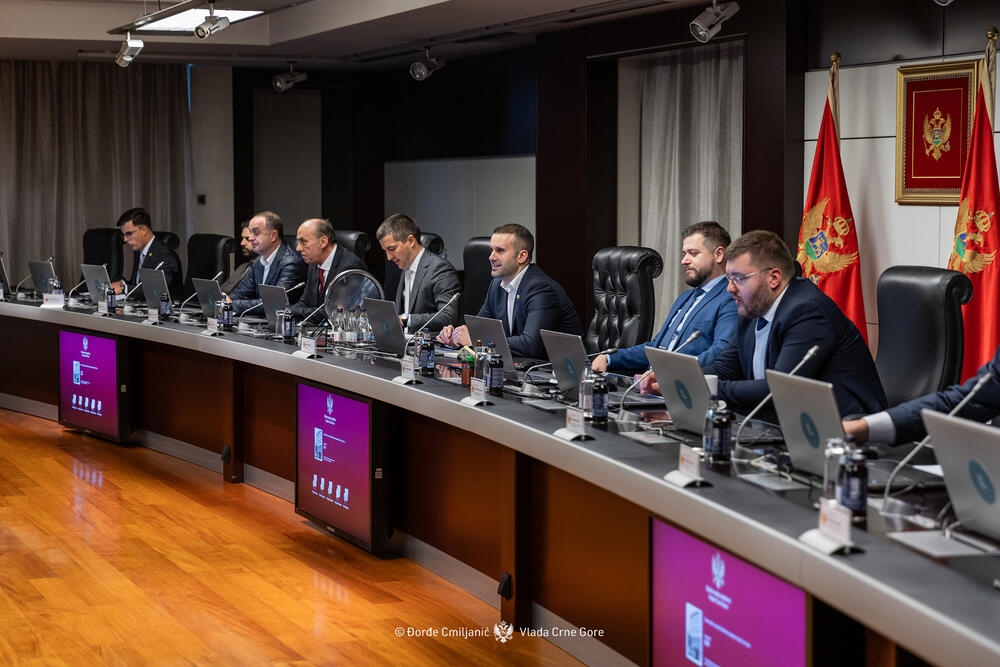
The political system of Montenegro operates as a parliamentary republic, with a political structure consisting of three branches: the Executive, the Legislative, and the Judicial. These branches work together to maintain the functioning of the state, uphold the rule of law, and safeguard the rights and interests of the Montenegrin people.
At the heart of Montenegro's political system lies the Constitution, which provides the framework for the country's governance. The Constitution, officially adopted in 2007, outlines the basic principles of the state, the rights of citizens, and the organization of powers. It serves as the supreme legal act and the foundation of the political system, guaranteeing human rights and freedoms.
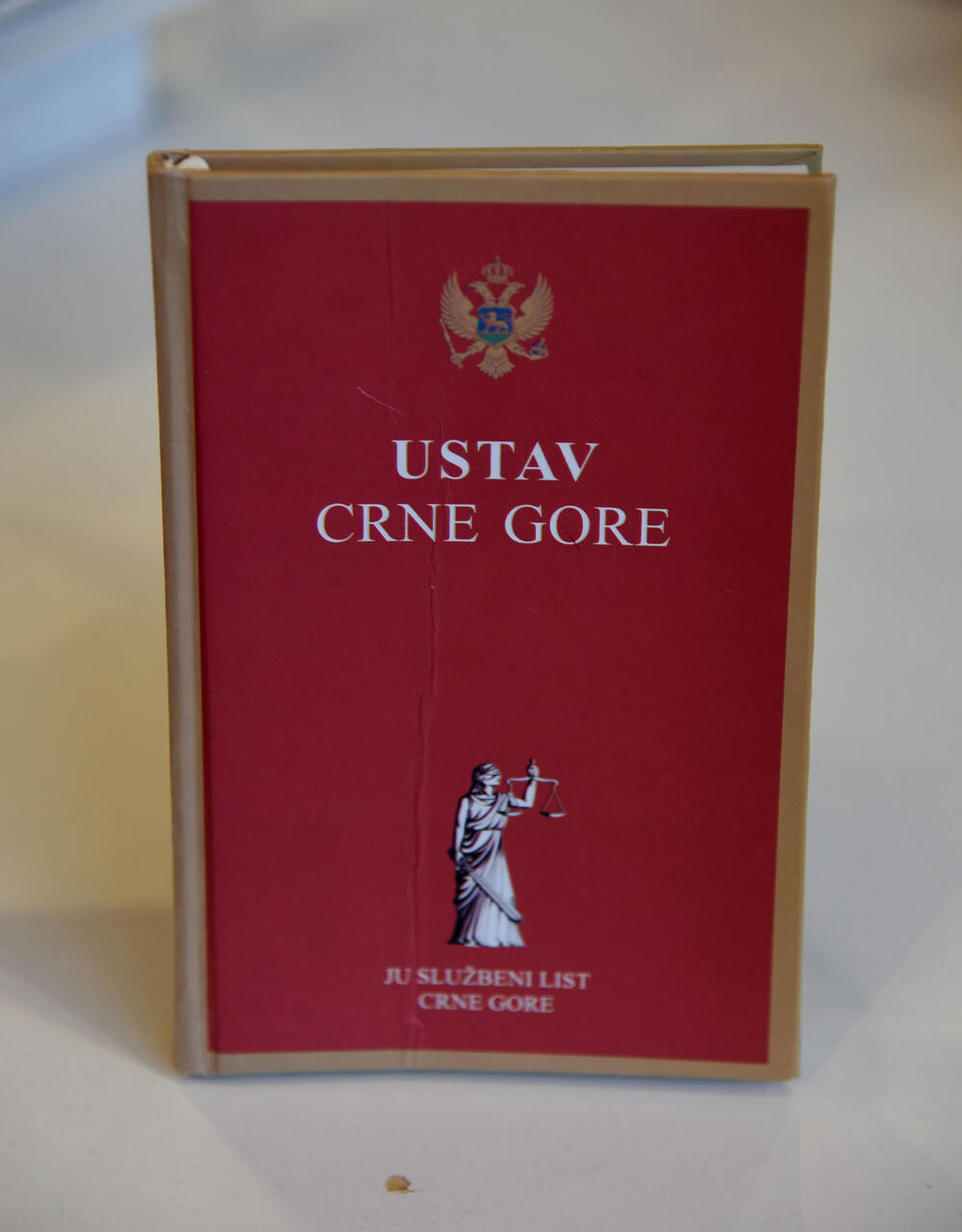
Montenegro's political landscape is influenced by political parties that shape public policy and impact citizens. Understanding these parties and their ideologies is vital for informed voting decisions and active political engagement. The diverse political system reflects Montenegro's transition from socialism to democracy, essential for the country's development, stability, and integration into international organizations like the European Union.
The Evolution of Montenegro's Political Scene
Montenegro's political landscape has evolved significantly after the country had first elections with multiple parties, after the dissolution of SFRJ. Next 30 years have been marked by the rule of a single party in Democratic party of socialists. In August of 2020. Montenegro had its first change of power through elections.
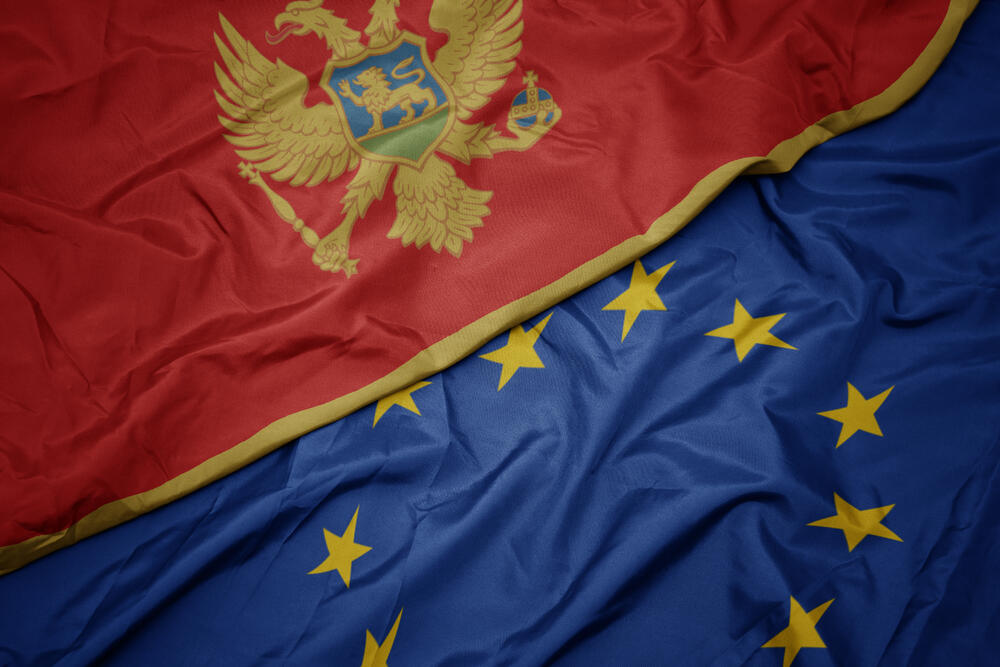
Key Milestones in Montenegro's Political History
Montenegro's political history is marked by significant milestones. The country's path to independence, culminating in the 2006 referendum, stands out. Joining NATO in 2017 was a pivotal moment, solidifying its place in Euro-Atlantic structures. In 2020, Montenegro was rocked by widespread anti-government and religious freedom protests. The 2000 ousting of Milosevic by pro-Western reformers in Belgrade also played a significant role in Montenegro's political landscape. These milestones, along with being marked as a "hybrid regime" by Freedom House and receiving coverage from news outlets like Reuters, reflect Montenegro's continuous evolution on the global political stage.
Major Political Parties and Their Ideologies
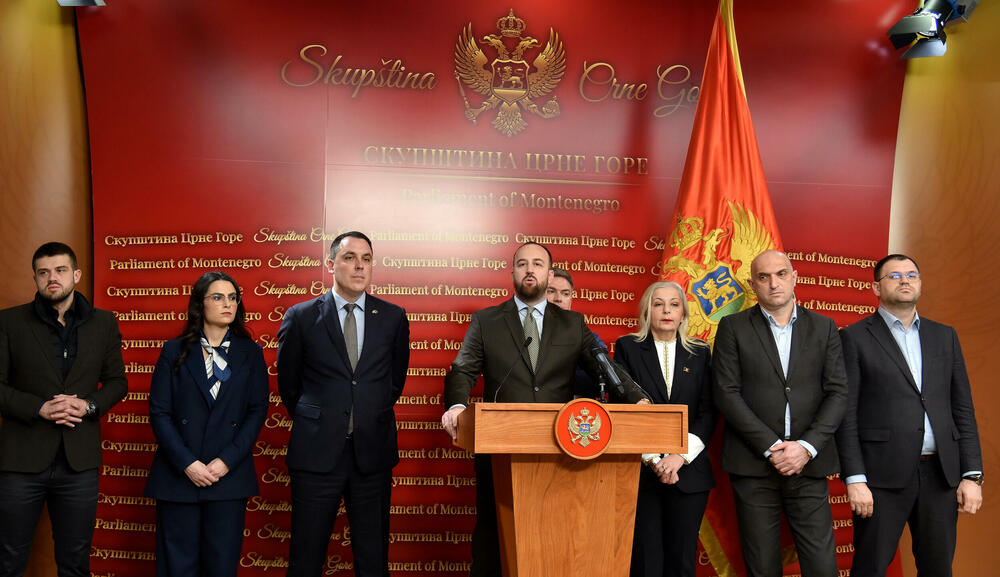
Montenegro's political landscape is shaped by several major parties and their distinct ideologies. The Democratic Party of Socialists of Montenegro (DPS) has historically been a dominant force, advocating for Montenegro's EU and NATO membership, but burdened by connections with organized crime and corruption. On the other hand, the Democratic Front (DF) Coalition leans towards traditional and conservative values, and has closer ties with Belgrade and Moscow. The Evropa Sad movement (PES), a very young party, focuses on pro-European integration and economy, while significan parties in the center are Demokrate and URA.
Democratic Party of Socialists of Montenegro (DPS)
The Democratic Party of Socialists of Montenegro (DPS) has been a dominant political force in Montenegro for several decades. The party was founded in 1991, with Milo Đukanović as its official leader since 1998. Under Đukanović's leadership, the DPS has led the government of Montenegro for the majority of the country's post-independence period. The party's official ideology is centered around social democracy and European integration, but it has been burdened by links with corruption and organized crime.
Democratic Front (DF) Coalition
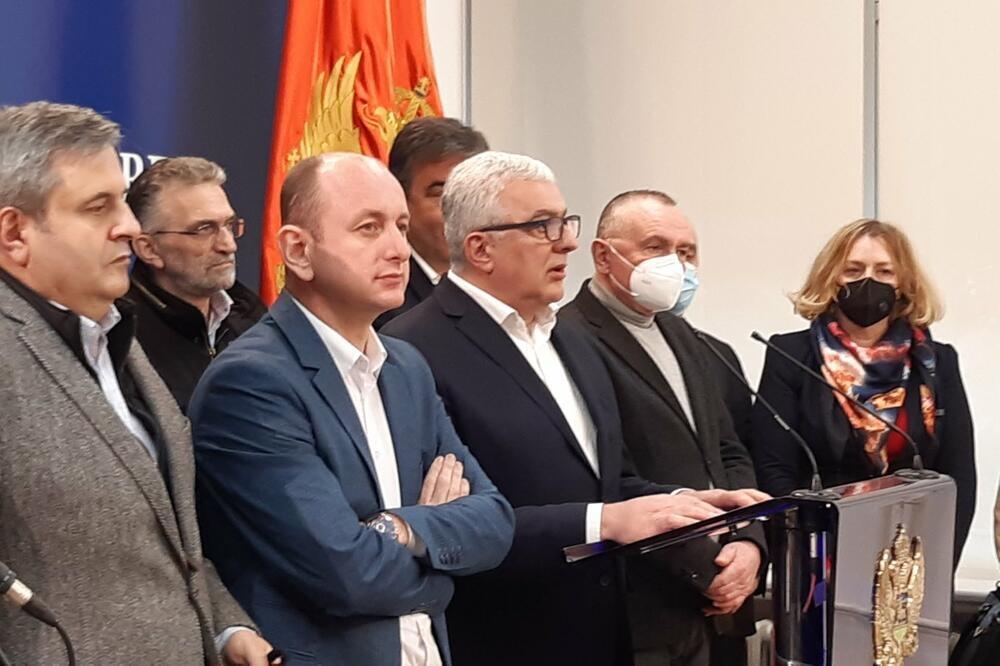
The Democratic Front (DF) Coalition in Montenegro has been a significant player in the country's political landscape. Formed by opposition parties, it advocated for conservative values and challenged the ruling Democratic Party of Socialists. Known for its stance against Montenegro's NATO membership, the DF Coalition has shaped debates on key issues. With a strong influence on recent years' political dynamics, it continues to be a pivotal force in the nation's political discourse. The movement has disintegrated in 2023 with two major parties coming out, that were also the founders of DF - Nova srpska demokratija and Democratic people's party.
Evropa Sad movement (PES)
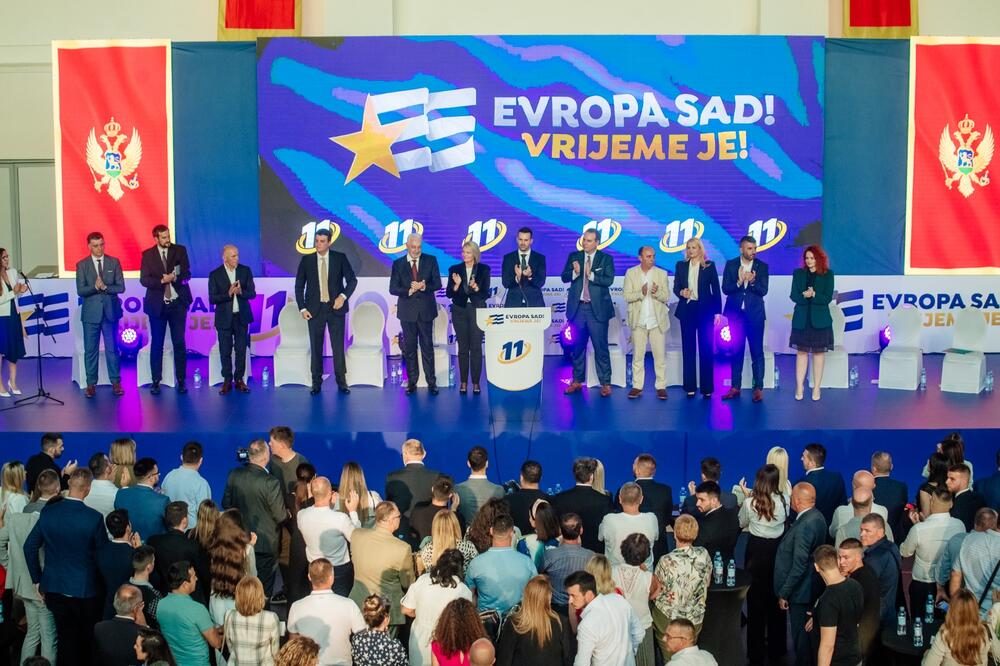
Evropa Sad Movement (PES) is a significant player in Montenegro’s political landscape, advocating for progressive reforms and European integration, and also focuses on issues of economy.
Demokrate and URA
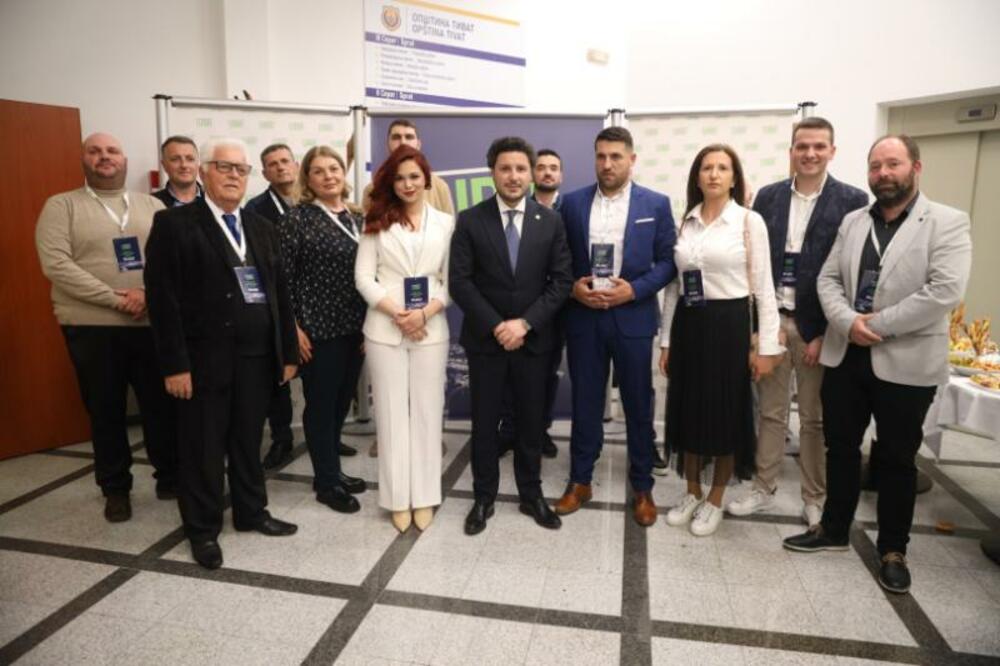
Demokrate and URA are significant players in Montenegro's political landscape. They are usually associated with political centre in Montenegro.
The European Union Integration Process
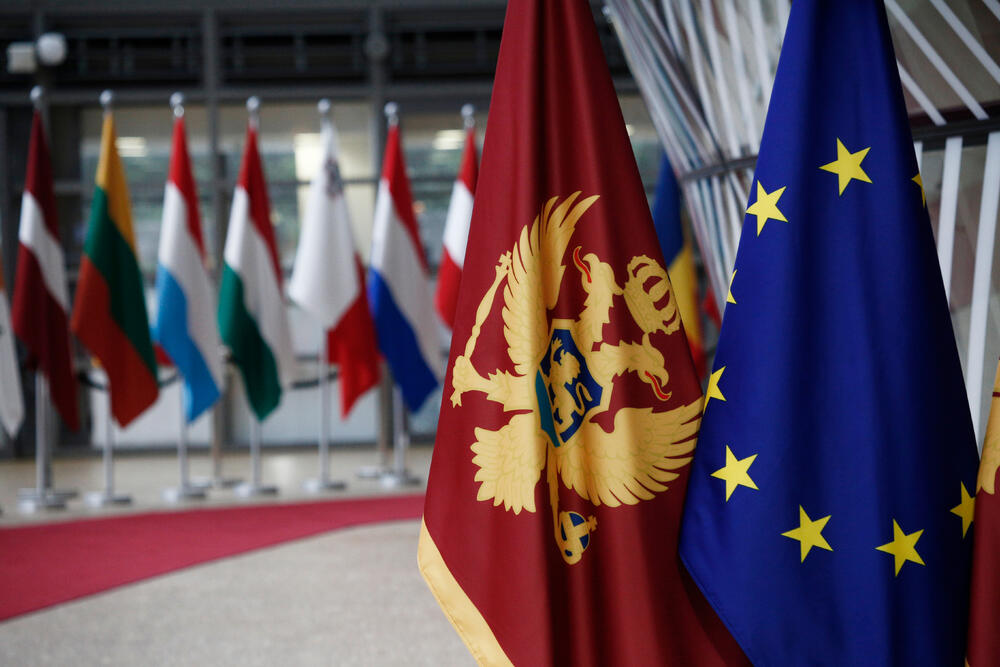
Montenegro's journey towards European Union (EU) integration has been a focal point in its political landscape. The country's aspirations for EU membership have prompted significant reforms aligning with EU standards. In February 2022, after Russia's invasion of Ukraine, Montenegro joined EU sanctions against Moscow, expelled some Russian diplomats, and provided aid to Kyiv, further solidifying its commitment to EU integration.
NATO Membership and Its Impact
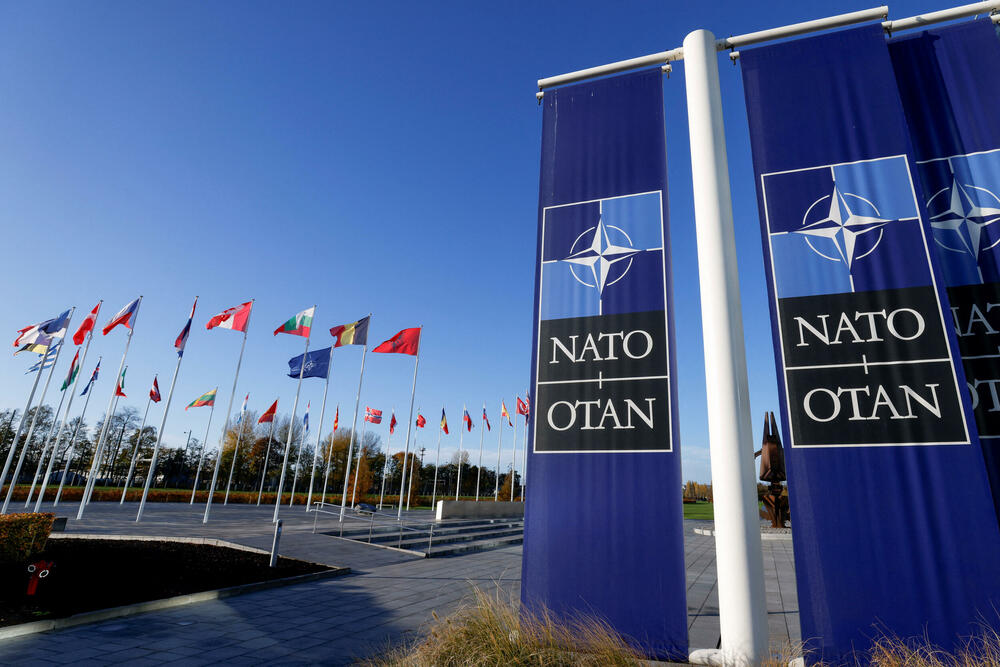
Joining NATO has been a significant move for Montenegro's foreign policy. The country's NATO membership strengthens its ties with Western Balkans and reinforces security cooperation. Being part of NATO enhances Montenegro's defense capabilities and bolsters its position in European politics. This step aligns Montenegro with Euro-Atlantic values, promoting stability and security in the region. The NATO membership underscores Montenegro's commitment to upholding democratic principles and strengthens its defense against external threats.
Prominent Figures in Montenegro Politics
Milo Đukanović stands out as a pivotal figure in Montenegro politics, having served multiple terms as Prime Minister and President. Other influential leaders include current parliament speaker Andrija Mandić, known for his role in the Democratic Front party, and current President Jakov Milatović, one of the founders of PES. Their contributions, along with those of ex Prime Minister Dritan Abazović from URA, have shaped the country's political landscape significantly. These figures, including the current prime minister of Montenegro Milojko Spajić, lider of PES and deputy prime minister Aleksa Bečić, leader of Demokratska Crna Gora.
Electoral System and Voting Process
In Montenegro, the electoral system follows a proportional representation method for parliamentary elections. Voters cast their ballots for political parties rather than individual candidates. The country uses a closed list system, where parties present a list of candidates in order of preference. The number of seats a party receives is proportional to its share of the popular vote.
Potential Scenarios for the Near Future
With the changes in Montenegro's political landscape, potential scenarios for the near future include further alignment with European Union policies, possible shifts in alliances, and continued focus on NATO membership. The country may witness increased engagement with Western Balkan affairs, leading to a more prominent role in regional diplomacy. Potential discussions on EU and NATO integration strategies are likely to shape Montenegro's foreign policy decisions. As political dynamics evolve, Montenegro's position in the international arena may undergo significant transformations.
What Does Montenegro's Political Landscape Mean for Expatriates?
Understanding Montenegro's political landscape is crucial for expatriates to navigate the country's policies and cultural dynamics. It impacts expats' rights, integration challenges, and business opportunities.
How Do Montenegro's Political Dynamics Influence Its Economy?
Montenegro's political dynamics profoundly impact its economy by shaping policies, investments, and international relations. The stability of the government, alliances with global entities like the EU and NATO, and leadership decisions directly influence Montenegro's economic growth and development.
Bonus video:





